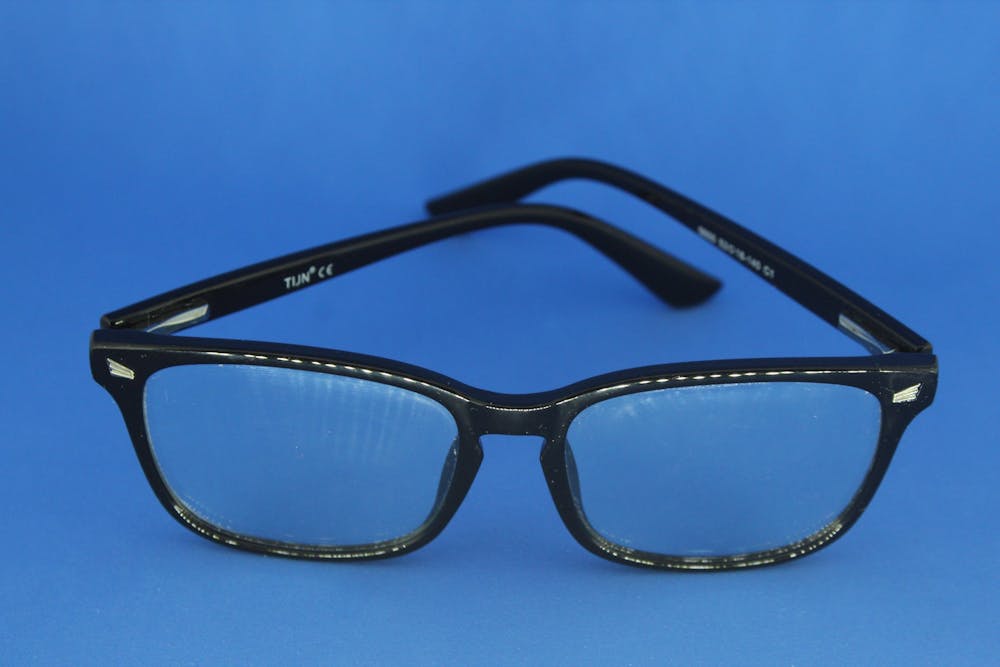Introducing blue light glasses: a fashionable yet practical accessory that’s been helping students survive another semester of Zoom. Blue light has become a common talking point with the switch to more online activities, but many don’t know that blue light doesn't just come from technology.
Blue light, or visible light in wavelengths between 380 and 500 nanometers, is produced by the sun — which is the biggest source of blue light — as well as LED lights, fluorescent light bulbs and smartphones.
Cynthia Wilkins, an optical shop manager and optician, said that blue light protection has been around for five or six years but has recently escalated in popularity. She said more people have asked her about the glasses or a blue light coating, which she feels is due to more families being home on screens all day.
“Blue light glasses block out a portion of the blue light, probably between 30 to 50 percent — no one that I've ever asked could actually give me a definite number,” Wilkins said.
She said not all blue light can be blocked out because it would distort colors and perception, but that blocking out even a percentage of blue light at night can make a difference.
According to an article from Harvard Health Publishing, dim lights of any color can impact people's circadian rhythm and secretion of melatonin — but blue light impacts sleep more than any other type of light.
But it's hard to know if blue light glasses can help people have an easier time falling asleep.
Wilkins believes they probably work.
“I can tell from looking at lenses that blue light is being blocked out,” Wilkins said.



